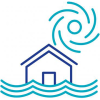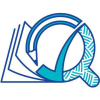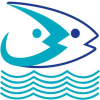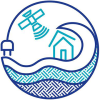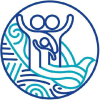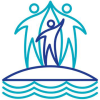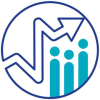Key Recommendations
Actions that you can take to support learners, their performance, and Pacific education systems.
The Papua New Guinea Department of Education (DoE) is to be congratulated on the improvements observed in PILNA 2021 in reducing the gap between the performance of boys and girls in numeracy, reading and writing in both year levels. PILNA results have shown that the performance of boys and girls is similar and consistent with each other. The ministry is encouraged to share the specifics of change implemented so other ministries can benefit from their experiences.
The DoE is encouraged to support the grade three students in reading. PILNA data show that less than half of the grade three students performed at or above the minimum proficiency level for reading. A policy suggestion: All schools have a programme where all students drop everything and read. The ministry should also make every effort to strengthen the supply of books to schools. In addition, teachers are encouraged to teach students how to read for comprehension, and support students in identifying information of various degrees of complexity in written text.
The DoE is encouraged to provide supplementary training for teachers in the development and use of classroom-based informal and formative assessment. Teachers are to identify specific needs of students, tailor instruction to meet these needs and monitor the effectiveness of the instruction to optimise student learning.
The DoE is encouraged to provide training for teachers to develop items that target interpretation of information, critical thinking and problem-solving and to ensure that students are able to positively respond to these types of questions. High order thinking skills are always a challenge in students learning. If students are provided with these types of questions in the classroom, and teachers assist the students to arrive at the desired response, there should be an encouraging result in the next cycle of PILNA.
The DoE is encouraged to undertake further exploration of the PILNA 2021 cognitive and contextual data sets, along with other relevant data sets, to better understand the challenges facing students and teachers in Papua New Guinea. The findings can be used to target support and intervention in the Papua New Guinea education system, with the goal of strengthening numeracy, reading, and writing instruction, leading to improved student learning outcomes.
Teachers are encouraged to support grade three and grade five students in the numeracy concepts of place value, fractions, measurements, time difference and problem-solving. The PILNA data highlighted the areas where students struggle and should provide intervention to support these students.
